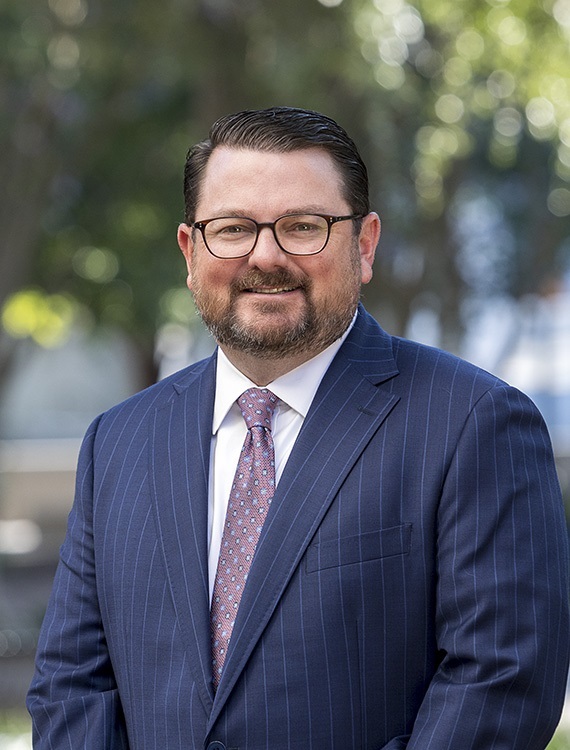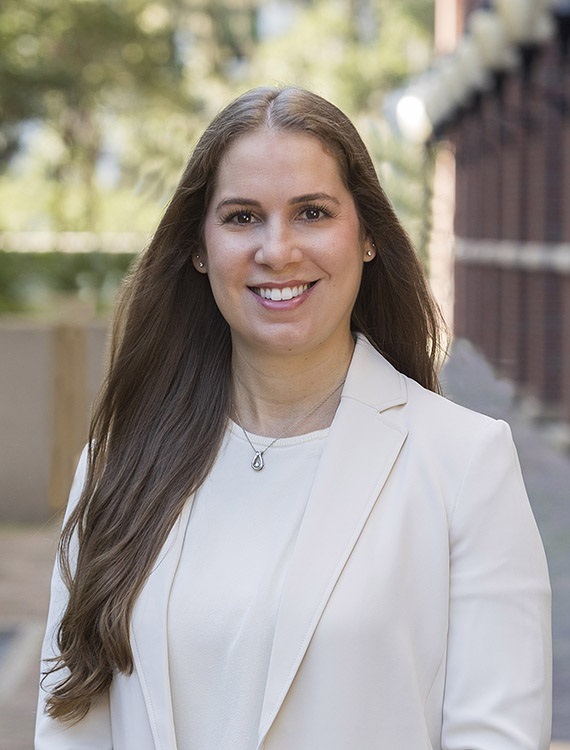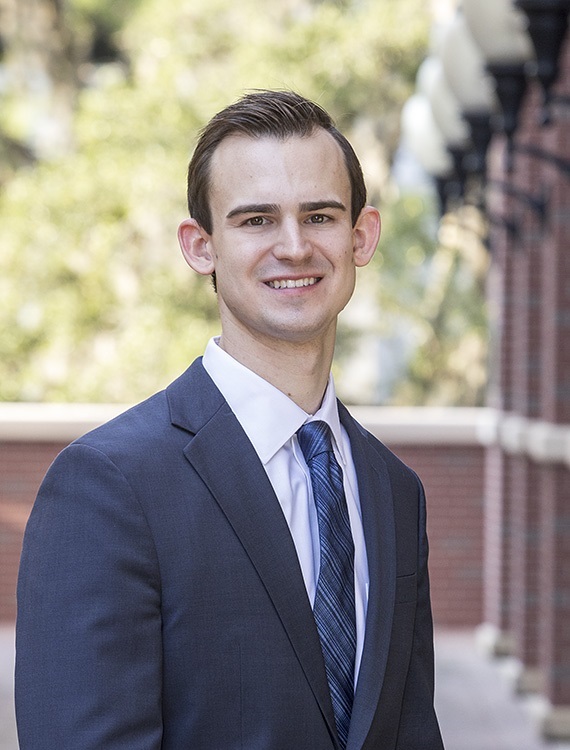Coverage by choice
Problems with available property insurance make the case for a high-priced option
Published: Friday, May 8, 2009 at 1:00 a.m.
Last Modified: Thursday, May 7, 2009 at 6:30 p.m.
What should Floridians think about a bill, pushed through the Legislature by Sen. Mike Bennett, a Republican from Manatee County, that would deregulate property insurance rates for the largest carriers?
Alex Sink, a Democrat who is Florida’s elected chief financial officer, said it best in Sarasota on Wednesday: "There are positives and negatives about the bill."
Sink said that she is not actively supporting Bennett’s bill (SB 2036), but that she is not urging Gov. Charlie Crist to veto it, either.
When the bill reaches Crist’s desk, he will face a choice between his populist leanings and his Republican Party’s market-oriented philosophy.
Crist has already taken a populist stance against big insurance companies, particularly State Farm, which has canceled thousands of homeowners’ policies and plans to phase out its entire property insurance line in Florida.
In January, after State Farm announced its intent to stop insuring homes in Florida, Crist said: "They probably charge the highest rates in the state anyway. Floridians will be much better off without them."
If State Farm didn’t charge the highest rates before, it might do so soon — if Bennett’s bill becomes law.
Whatever the market will bear
The bill would let highly capitalized national insurance companies, such as State Farm, sell property insurance policies without state government regulation of the rates — essentially, at whatever the market will bear. But, Bennett says, exempted insurers must offer full coverage, including windstorm, and rules that seek to ensure that companies have adequate reserves or reinsurance to pay claims will remain in place.
Critics of the bill — and people such as Sink, who are neutral — counter that neither State Farm nor any of the big companies that have left the state have indicated they would resume writing homeowners policies if they can charge unregulated rates. But, as Bennett said, the companies also haven’t said they would not change their views. And, as everyone acknowledges, the alternatives have their own shortcomings.
Stung by widespread hurricane damage in 2004, major private insurers began limiting exposure in the Florida property insurance market, or pulling out altogether. As a result, Citizens Property Insurance Corp., a public entity intended to be an insurer of last resort, has grown to become Florida’s largest property insurer.
The problem is that Citizens, which froze its rates in 2007, lacks adequate capital to pay its claims if a major hurricane again strikes the state. In that event, Citizens deficit would be made up by state taxpayers or by surcharges on private policies. This year, the Legislature sought to solve the problem with a bill that lets Citizens raise its rates by up to 10 percent a year until it is adequately capitalized. That may take several years.
Small, private insurers have continued to write property insurance policies, but many of them have purchased reinsurance from another state-backed entity, the Hurricane Catastrophe Fund, which itself faces an $18 billion shortfall in the event of a major hurricane. Other legislation passed this session reduces that liability by $12 billion, thus forcing the smaller companies to buy more expensive reinsurance in the private market. Those companies’ rates are expected to rise as a result.
Bennett’s bill favors the largest insurers over the smaller ones by exempting from rate regulation companies that have at least $500 million in surplus funds. That level of freedom would have allowed State Farm to carry out its proposal last year to increase its property insurance rates by an average of 47 percent statewide; rates in this region would have risen even higher: 72 percent in Sarasota County, 79.4 percent in Manatee and 82 percent in Charlotte. The state’s Office of Insurance Regulation rejected that request, and an administrative law judge agreed that State Farm could not justify the proposed increase, based on the requirements of Florida laws and regulations.
The state’s decision led to State Farm’s announcement that it would withdraw from the Florida market. State Farm would thus join other major insurers that have pulled out of Florida or substantially reduced their exposure, including Allstate, Hartford, Nationwide, USAA and Liberty Mutual.
Price isn’t the only factor
If the state’s system of regulation and the status of Citizens had produced a robust, competitive private market or an actuarially sound, government-backed insurer, it would be easy to dismiss Bennett’s bill as a bow to the big insurers and an abandonment of consumers’ interests.
But questions about the ability of Citizens and other private insurers to provide adequate support if a catastrophic hurricane hits strengthen the case for this bill.
We’re persuaded by Bennett’s argument that a significant number of Floridians would be willing to pay higher premiums than state regulators would allow if they can remain with a large national company of their own choosing — and if such coverage were available.
The most important role of regulators is to ensure that insurers are solvent, are capable of paying claims and serving customers, and are operating in accordance with fair-business laws. Price is an important factor, but it is not the only one.
Given Florida’s property insurance market and the risks already in play, legislation that would let well-capitalized companies sell products at a premium rate offers better prospects than a regulatory system that results in fewer choices for consumers.












